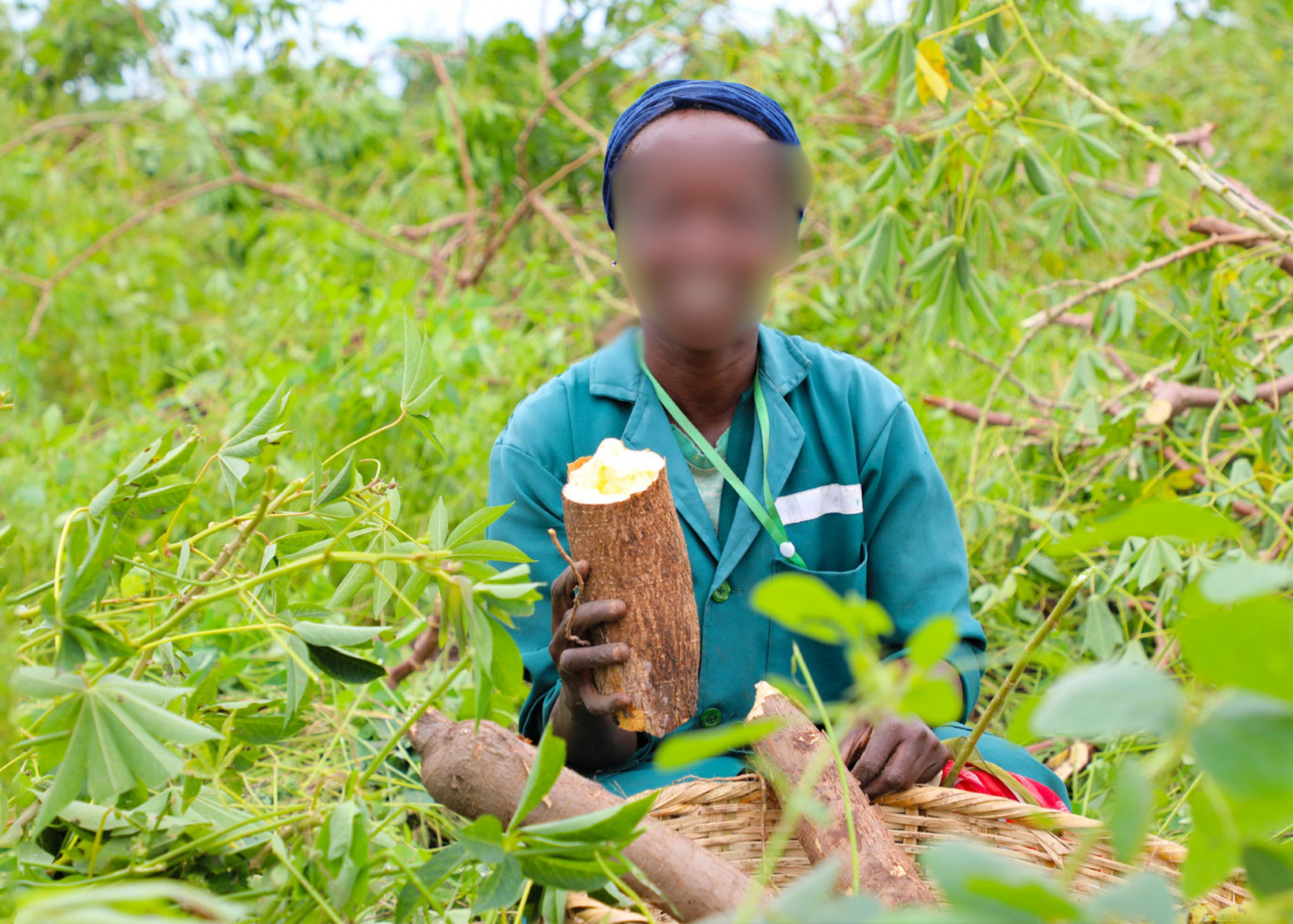News in Brief:
– Nigeria loses approximately 50% of its agricultural products due to post-harvest challenges, impacting food security and economic growth.
– The FAO aims to establish initiatives to address these challenges through investments in infrastructure, community capacity building, and education.
Mr. Ibrahim Ishaka, a Food System and Nutrition Specialist with the Food and Agriculture Organization (FAO), has revealed that Nigeria loses approximately 50% of its agricultural products along the food supply chain.
According to him, this significant post-harvest loss poses a major threat to the country’s food security, economic growth, and environmental sustainability.
Key factors contributing to food waste and FAO initiatives
Specifically, Ishaka identified several key factors contributing to post-harvest losses such as technological constraints, consumer behaviour, and inadequate storage facilities. He added that poor transportation infrastructure, inefficient processing and unhealthy consumption habits are also some of the problames.
Meantime, to combat these challenges, he stated that the FAO has implemented several initiatives focused on promoting nutritious and sustainable food practices.
For example, it is investing in post-harvest infrastructure, and improving storage facilities and transportation networks. It is also working towards building community capacity by empowering local agricultural stakeholders to adopt sustainable practices.
The organisation will be holding training and empowerment programs to provide education and develope skills for farmers and consumers. There will also be a focus on establishing community-led food production centers and promoting local food production and distribution.
Importance of capacity-building community-led initiatives
Furthermore, Ishaka emphasised the crucial role of education in addressing food waste. He further highlighted the importance of empowering individuals to make informed decisions and educate others.
Meantime, the FAO has established community-led food production centers to promote local initiatives and improve food security. The training program ‘Emergency Agriculture-Based Livelihoods Sustenance for Improved Food Security’ aims to address the challenges faced by farmers in Borno, Adamawa, and Yobe states.
Essentially, the program aims to improve the overall well-being and food security in these regions, through the enhancement of participants’ knowledge and skills.



